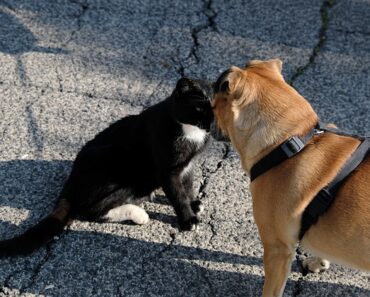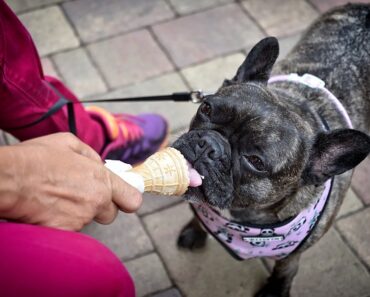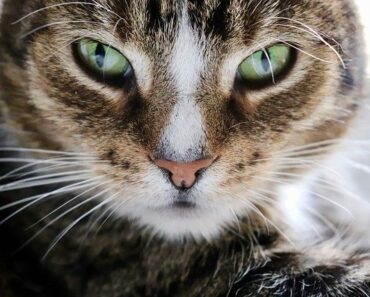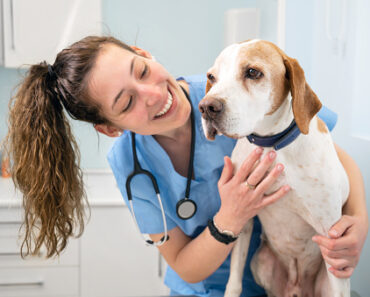Spring is just around the corner and you can let your cat or dog roam around outside. However, spring also brings its share of risks for its health and coat. You must be careful to identify these risks to avoid them as much as possible.

The arrival of parasites
In winter, you shouldn’t have any problems with fleas and ticks, because they are mainly looking for protection from the cold and frost. However, as soon as the warm weather returns, they are back, and more numerous than ever. The important thing is to regularly inspect your pet’s coat to treat the invasion from the start. You can also opt for prevention with insect repellent products. If you find that your pet has been invaded or bitten, you should use a fast-acting insecticide.
Processionary caterpillar nests
You innocently let your dog venture out into your yard and lie down near your trees. However, you should know that trees are the home of processionary caterpillars that live connected by a silk thread. To give you an idea, not even birds dare to attack them. If your four-legged friend is unfortunate enough to approach them or, worse, to swallow them, they can release a powerful venom that can be fatal for him. To avoid this, you must prevent your pet from going near trees, regularly check your home for this type of caterpillar and, above all, try to eliminate them as soon as possible. You can never get rid of a nest for good, regular treatment is necessary.
The Easter holiday
Easter is a family holiday and your pet is part of the family. You give your pet a chocolate egg without imagining the consequences that this can have for him. You should know that it is strictly forbidden to give chocolate to your pet. Because of the theobromine it contains, chocolate is toxic and a hundred grams can be enough to kill. Your pet will experience digestive, nervous, respiratory and heart problems. If your pet has eaten chocolate, you must take it to the veterinarian as soon as possible. Speed counts.
Hairballs during moulting
When your cat is moulting, it will tend to lose a lot of hair. When he licks himself, he will inevitably swallow some. Balls will form in his stomach and they can be difficult to eliminate. In the most serious cases, an occlusion can occur. To help him in this stage, you must brush him regularly, enrich his diet with fiber and provide him with specific food supplements.
Allergies
Your pets can also suffer from allergies to pollen, dust mites or dust. You will notice it right away: he will scratch and lick himself constantly or worse, have asthma attacks.






